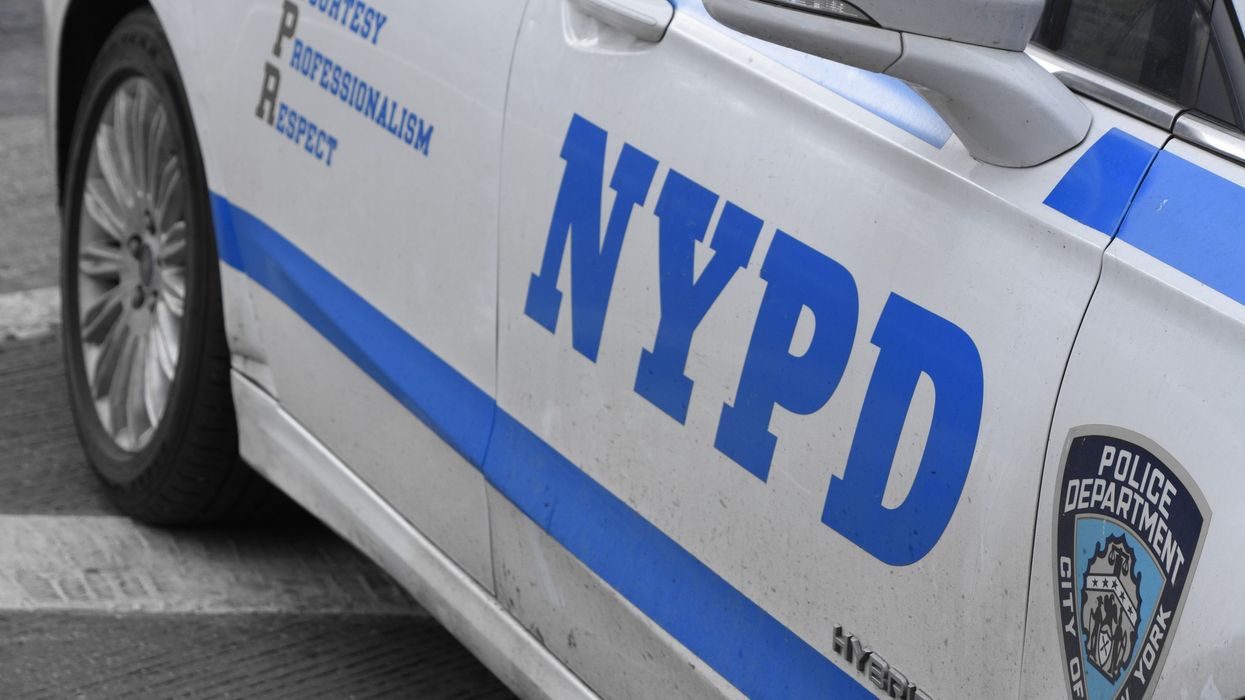A 27-year-old Indian-origin 'super rookie' NYPD officer is being hailed as a hero after he shot a convicted felon who killed his colleague and seriously injured another while investigating a domestic-violence call in the Harlem neighbourhood of New York City.
Sumit Sulan is still struggling to deal with Friday's deadly ambush and "his brain is stuck on the situation", his mother told the New York Post newspaper.
According to the police, 47-year-old career criminal Lawshawn McNeil on Friday ambushed the three policemen - Sulan, Jason Rivera, 22 and Wilbert Mora, 27, who visited the Harlem address to investigate a domestic-violence call.
McNeil opened fire and killed Rivera while critically injuring Mora.
Officer Sulan fired back at McNeil and wounded him during the shootings. McNeil, a convicted felon, is currently hospitalised in a critical condition.
Speaking to the Post, the Indian-origin NYPD officer's mother Dalvir Sulan, 60, said that her son is 'shaken' and cannot get what happened out of his head
"I'm proud. Everyone says he did good," she said.
"I feel bad for the other (officer). He died. We really feel bad. We're sorry. We're hurt. The other guy is critical and we're hurt," she said from her Queens home.
A law-enforcement source described Sulan as a 'super rookie', noting that he has been on the job since April and at Harlem's 32nd Precinct for only two months.
"He did a great job," Sulan's mother said of her son, who emigrated from India about 15 years ago.
The New York Daily News, citing a source, said that the call to the Harlem apartment appeared to be a routine run until things went sideways once the officers arrived.
The expectation, he explained, was the situation could be resolved without an arrest after a chat with accused McNeil.
The accused's mother never told the arriving officers that her son was armed, the report said, citing the source.
Flags across the five boroughs of New York City flew at half-staff on Saturday to honour Rivera, a son of Dominican immigrants who once wrote that he joined the NYPD to make a difference in "this chaotic city."
Rivera, who was killed after just 14 months on the job, is survived by his wife.
(PTI)




